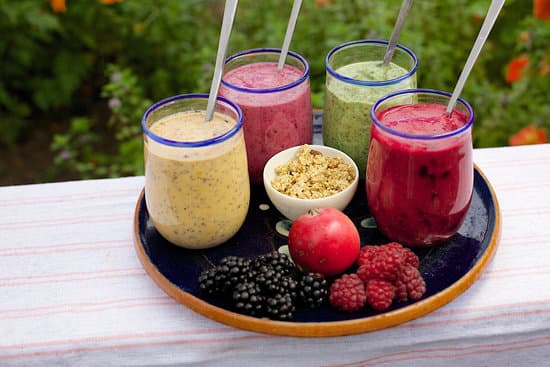We’ve all heard the saying, “you are what you eat” but have you ever thought about how it affects your mental health?
Like An Expensive Car, Your Brain Functions Best When It Gets Only Premium Fuel
Related Podcast: 15 Minutes On The Couch "Eating Disorders"
Food and Mental Health
Nearly 1 in 4 Americans have some type of mental illness each year. The CDC says that by 2020, depression will rank as the second leading cause of disability, after heart disease.
Research exploring the link between diet and mental health is a very new field and the first papers only came out a few years ago.
In several studies, including a 2011 analysis of more than 5,000 Norwegians, Berk and his collaborators have found lower rates of depression, anxiety and bipolar disorder among those who consumed a traditional diet of meat and vegetables than among people who followed a modern Western diet heavy with processed and fast foods or even a health-food diet of tofu and salads.
How food affect how you feel
According to WebMD, there are 3 ways diet impact your mental health. Excerpt from WebMD
1. It's crucial for brain development.
"We are, quite literally, what we eat," says Roxanne Sukol, MD, preventive medicine specialist at Cleveland Clinic's Wellness Institute. "When we eat real food that nourishes us, it becomes the protein-building blocks, enzymes, brain tissue, and neurotransmitters that transfer information and signals between various parts of the brain and body."
2. It puts the brain into grow mode.
Foods with beneficial bacteria (probiotics) help maintain a healthy gut environment, or "biome." "A healthier microbiome is going to decrease inflammation, which affects mood and cognition," Ramsey says.
A high-fat or high-sugar diet is bad for gut health and, therefore, your brain. Some research hints that a high-sugar diet worsens schizophrenia symptoms, too. Certain nutrients and dietary patterns are linked to changes in a brain protein that helps increase connections between brain cells. A diet rich in nutrients like omega-3s and zinc boosts levels of this substance.
On the other hand, "a diet high in saturated fats and refined sugars has a very potent negative impact on brain proteins.”
3. It fills the gut with healthy bacteria.
And that's good for the brain. Trillions of good bacteria live in the gut. They fend off bad germs and keep your immune system in check, which means they help tame inflammation in the body. Some gut germs even help make brain-powering B vitamins.
What to do?
Hey! If Beyonce can do it, we can too right?
Start paying attention to how eating different foods makes you feel (not just in the moment, but the next day). Try eating a “clean” diet for two to three weeks — that means cutting out all processed foods and sugar.
Don’t try to do this all at once. Start slow.
Try gradually cutting out things. For example, on Monday, remove fast food as an option. This forces you to eliminate some processed foods and reach for more natural options.
Also try keeping a journal of how you feel each day to notice the things that make you feel better.
Related Teachable Course: Diet Culture Featuring Destini Love
Take Away:
Be more away of what you put into your body and watch your mental health improve.



